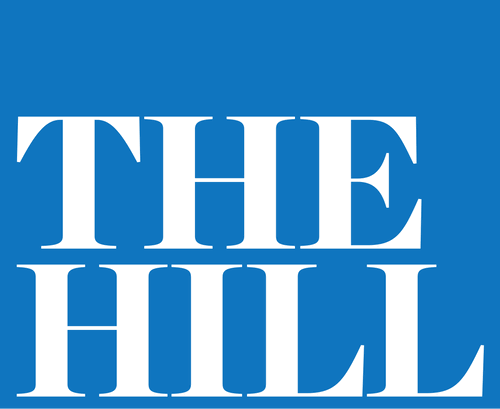
Plan C en las noticias
Plan C es una campaña creativa de salud pública sobre el acceso a pastillas abortivas , iniciada en 2015 por un pequeño equipo de veteranos defensores de la salud pública, investigadores, activistas por la justicia social.
Nuestra investigación y trabajo han sido destacados en:





















Prensa reciente de Plan C
Artículos que cubren las últimas noticias, batallas legales, cambios de políticas y discusiones clave sobre el aborto.
«Mife, pase lo que pase»: Proveedores comunitarios de aborto se comprometen a seguir distribuyendo pastillas abortivas gratuitas, incluso si la FDA impone restricciones
A pesar de las crecientes amenazas legales a la accesibilidad de las pastillas abortivas, redes nacionales de voluntarios trabajan para distribuir el medicamento de forma discreta y sin coste para las pacientes.
Leer artículoNueva campaña publicitaria se centra en el acceso al aborto en la Península Superior y la disponibilidad del aborto con medicamentos
Una valla publicitaria que promociona una campaña de servicio público producida por Shout Your Abortion, en colaboración con Hydra Mutual Aid Fund y Plan C, está ubicada a lo largo de la autopista US 41, en las afueras de Marquette, Míchigan.
Leer artículoEpisodio n.º 990 del pódcast de Dan Savage con Imani Askew-Shabazz de Plan C
Dan da la bienvenida a Imani Askew-Shabazz de PlanCPills.org al programa para hablar sobre el medicamento abortivo por correo.
Leer artículoExclusiva: Plan C redobla esfuerzos en información sobre la pastilla abortiva en medio de ataques políticos
La guía en línea sobre la pastilla abortiva en plancpills.org ha sido rediseñada para facilitar aún más el acceso a la información sobre dónde conseguir pastillas, incluyendo opciones gratuitas.
Leer artículoArtículos de opinión y campañas
Artículos de opinión y campañas mediáticas del equipo de Plan C.
Bing: Búsqueda de errores tipográficos relacionados con el aborto
Leer artículoPLAN C X Serie de Reportajes Narrativos Feministas: Tracie Ching
Leer artículoPlan C x Amanda Palmer: nuevo videoclip sobre el aborto ya disponible
Leer artículoPLAN C X Serie de Artículos Narrativos Feministas: Priscila Barbosa
Leer artículoAcerca de Plan C
Plan C es una campaña creativa de salud pública sobre el acceso a pastillas abortivas , iniciada en 2015 por un pequeño equipo de veteranos defensores de la salud pública, investigadores, activistas por la justicia social.
Plan C trabaja para transformar el acceso al aborto en Estados Unidos normalizando la opción de usar pastillas abortivas por correo de manera autodirigida.
Nuestra visión: un futuro cercano en el que la posibilidad de terminar un embarazo temprano esté directamente en manos de cualquier persona que lo necesite.
Lea más sobre nuestro trabajo en el Informe Anual 2024.
Comunicados de prensa y consultas de medios
¿Es usted miembro de la prensa y busca entrevistar o destacar a Plan C?
¿Quieres recibir noticias actualizadas sobre las pastillas abortivas?
Suscríbete a nuestro boletín para recibir información actualizada y oportunidades de acción, directamente en tu correo .